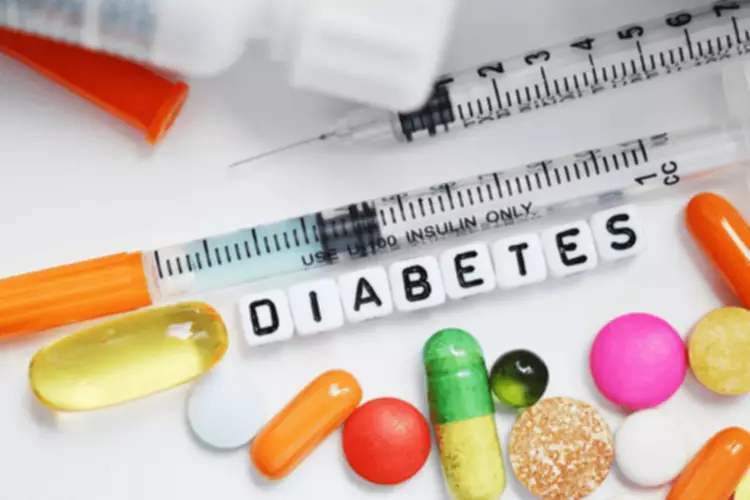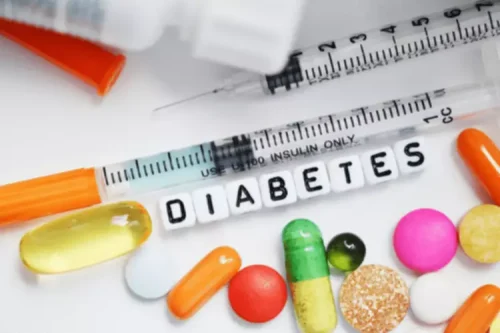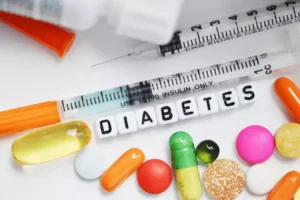Hydrochlorothiazide interactions: Other medications, alcohol, and more

Julie Marks is a freelance writer with more than 20 years of experience covering health, lifestyle, and science topics. In addition to writing for Everyday Health, her work has been featured in WebMD, SELF, Healthline, A&E, Psych Central, Verywell Health, and more. Her goal is to compose helpful articles that readers can easily understand and use to improve their well-being. She is passionate about healthy living and delivering important medical information through her writing. Further research is needed to help identify the exact link between GLP-1 drugs and reduced alcohol cravings. Always consider their guidance as essential in maintaining both good health and effective diabetes management.
- While you do need some insulin to cover those carbohydrates, your doctor may suggest reducing your usual insulin-to-carbohydrate ratio to prevent low blood sugars later in the night.
- Your body processes alcohol differently than most foods and beverages.
- That is why it’s important to monitor blood sugar for longer periods of time after consuming alcohol, such as overnight or into the next morning.
- This happens when the body doesn’t produce enough insulin or does not respond to insulin as it should.
May Help Reduce Cholesterol
Alcohol can also interact with some medications that are prescribed to people with diabetes. Even if you only rarely drink alcohol, talk with your healthcare provider about it so that he or she knows which medications are best for you. Some alcoholic drinks also have a lot of calories, which can cause weight gain. And alcohol may reduce the effectiveness of some of your diabetes medications. It is important to note that consuming alcohol on an empty stomach may lead to low blood glucose levels or hypoglycemia, especially posing a risk for individuals on oral medications or insulin. Drinking reduces the liver’s ability to regulate blood sugar and may interfere with certain diabetes medications.
Always test blood sugar before having an alcoholic beverage

We get asked all the time if it’s okay to wear your CGM in places other than the manufacturer’s recommendation. Generally speaking, you can wear your sensor anywhere you have subconscious tissue. Some studies have also shown that excessive daily consumption of ACV (i.e., doses higher than 30 milligrams) can erode your tooth enamel. It is commonly used in dressings and marinades due to its acidity. Daily consumption of an ACV shot (up to 30 milligrams of ACV) is typically safe. Prior to her freelance career, Marks was a supervising producer of medical programming for Ivanhoe Broadcast News.
Talk to your doctor

Conversely, long-term alcohol ingestion in diabetics who are not adequately nourished can lead to dangerously low blood sugar levels. Heavy drinking, particularly in diabetics, also can cause the accumulation of certain acids in the blood that may result in severe health consequences. Finally, alcohol consumption can worsen diabetes-related medical complications, such as disturbances in fat metabolism, nerve damage, and eye disease. Hypertriglyceridemia is an important risk factor for cardiovascular diseases. Moreover, elevated triglyceride levels can cause severe inflammation of the pancreas (i.e., pancreatitis).

Mitigating the Risks of Drinking Alcohol for People With Diabetes
- To reduce these risks, it’s best not to have alcoholic drinks late in the evening or just before going to bed.
- High blood levels of ketones may cause dangerous side effects like confusion or trouble sleeping.
- Research has found that light drinking has no effect on blood pressure, but moderate and heavy drinking can.
While a glass of wine with dinner probably isn’t a big deal, a mojito on an empty stomach at happy hour is. People with the condition need to closely monitor their diet and activity and may need to take medications as their blood sugar becomes more difficult to manage. Those with type 2 diabetes are at a significantly higher risk of cardiovascular disease because they may develop high blood pressure, high cholesterol, or both, as a result of uncontrolled blood sugar. As a result, individuals might face hypoglycemia or low blood glucose levels, especially after heavy drinking sessions. Hypoglycemia is dangerous and can lead to seizures or loss of consciousness if not treated promptly with fast-acting carbohydrates. The combination of alcohol and diabetes can change the way the body processes glucose and can make someone more sensitive to their insulin.
About Medical News Today
The results showed significant reductions in body weight, body fat, blood sugar levels, triglycerides, and overall cholesterol after 12 weeks. With all of this in mind, the risks of drinking alcohol when you have type 2 diabetes may outweigh any benefits. It’s important to keep your personal health top-of-mind, right along with the advice of your healthcare provider. For example, studies have shown that for people who have type 2 diabetes, occasionally drinking alcohol may diabetes and alcohol slightly reduce glucose levels.

Heavy drinking (i.e., more than 140 grams of pure alcohol, or approximately 12 standard drinks, per day) can cause alcohol-induced hypertriglyceridemia in both diabetics and nondiabetics (Chait et al. 1972). In fact, from a practical standpoint, heavy drinking should be considered as a possible contributing factor in all patients with hypertriglyceridemia. Abstinence from alcohol generally leads to normalization of the triglyceride levels, unless the person has an underlying genetic predisposition for hypertriglyceridemia. Many people wonder how drinking alcohol affects their diabetes management, especially when they are on medications like Ozempic. Ozempic, a medication for type 2 diabetes and weight loss, works Sober living house by controlling your blood sugar levels and helping you lose weight. This article will explore the impact alcohol consumption on Ozempic users, from affecting blood glucose control to potentially lessening the medicine’s effectiveness in weight management.
- DrückGlück Free Spins, bigfoot $ 5 Kaution 2 Aktionen and 50 Freispiele
- 400% Put Extra Offers Could possibly get 2025 casino 7 Sultans mobile Gorgeous Number
- Caravaggio’s Images casino immortal romance inside the Rome: Full Directory of Galleries & Church buildings
- una Las mayores bonificaciones de casino sin depósito treintena giros regalado desprovisto depósito en Argentina 2025- 30 tiradas regalado
- Casino big wins bonuskod extra utan insättning 100 frisk och 200 frisk
